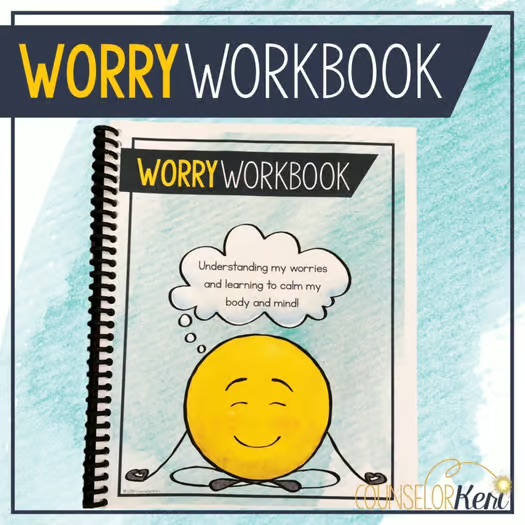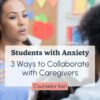Working with students with anxiety in the school setting requires a team effort! Caregivers and school personnel need to be on the same page to encourage similar strategies, recognize triggers, and use common language to support the student. Find three great ways to offer parent support for students with anxiety below!
Caregiver Education About anxiety
Caregiver education on various topics can help caregivers better understand what’s going on with their child and create an excellent opportunity for mutual learning. Whether it's a 1:1 conference or a full-blown parent night, educating caregivers and families about anxiety and positive management strategies can help everyone get on the same page for best-serving kids.
Here are a few things you can cover:
Worry vs. Anxiety
It is essential to help caregivers understand the difference between everyday or ordinary worries and anxiety. While some parents may be concerned that short-term worries are full-blown anxiety, others may dismiss a real problem as simple worries. This caregiver education can help them understand when it's time to seek more help from you, an outside therapist, and their pediatrician and when some simple coaching at home can help kids get through.
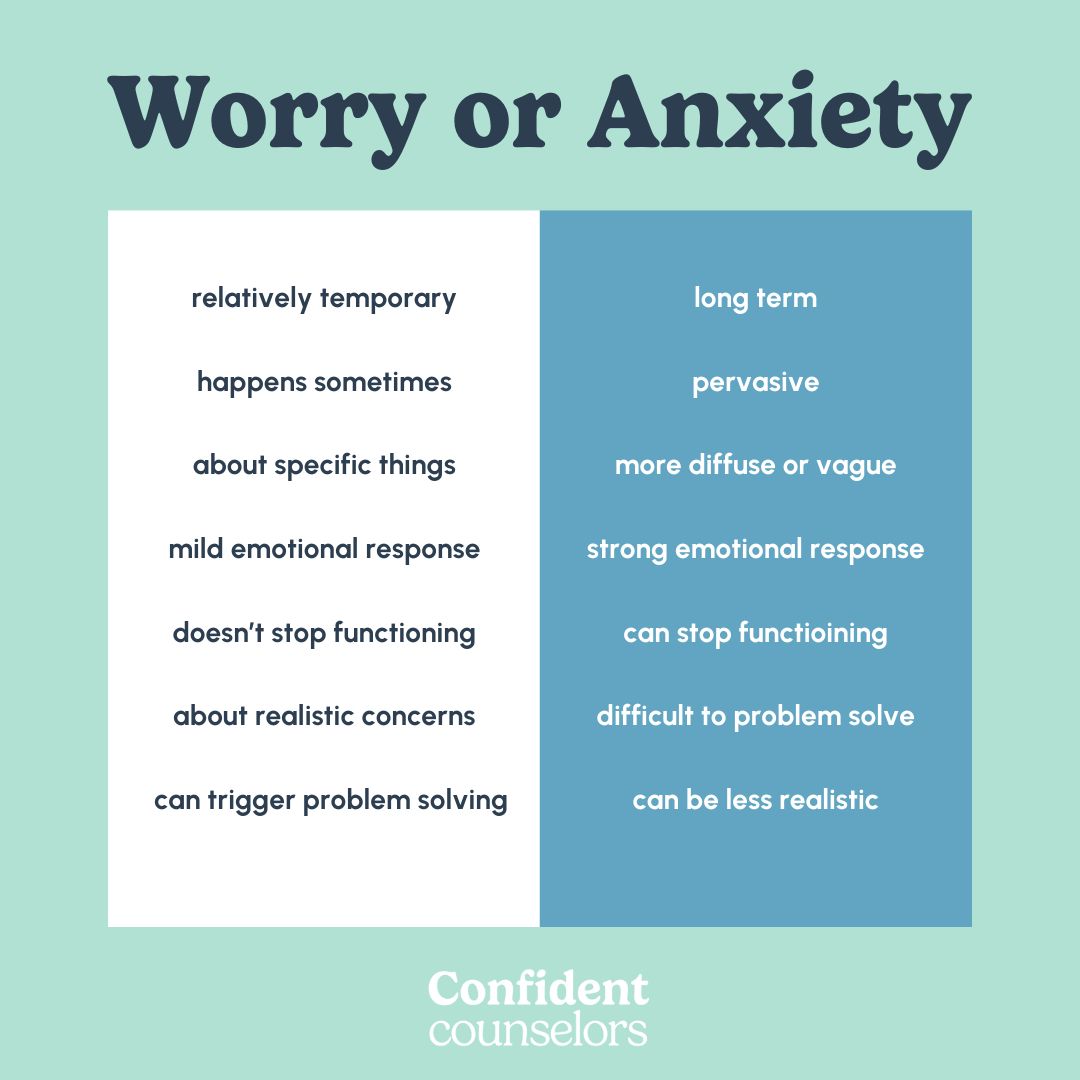
Somatic Complaints
Spending some time helping caregivers understand some common somatic complaints that come alongside anxiety is vital information to cover. Helping parents realize that stomach aches, headaches, and more are commonly paired with anxiety can help them recognize better when their kids are feeling anxious. When covering this, it's always important to remind parents that repeated somatic complaints are always worth checking out by a pediatrician.
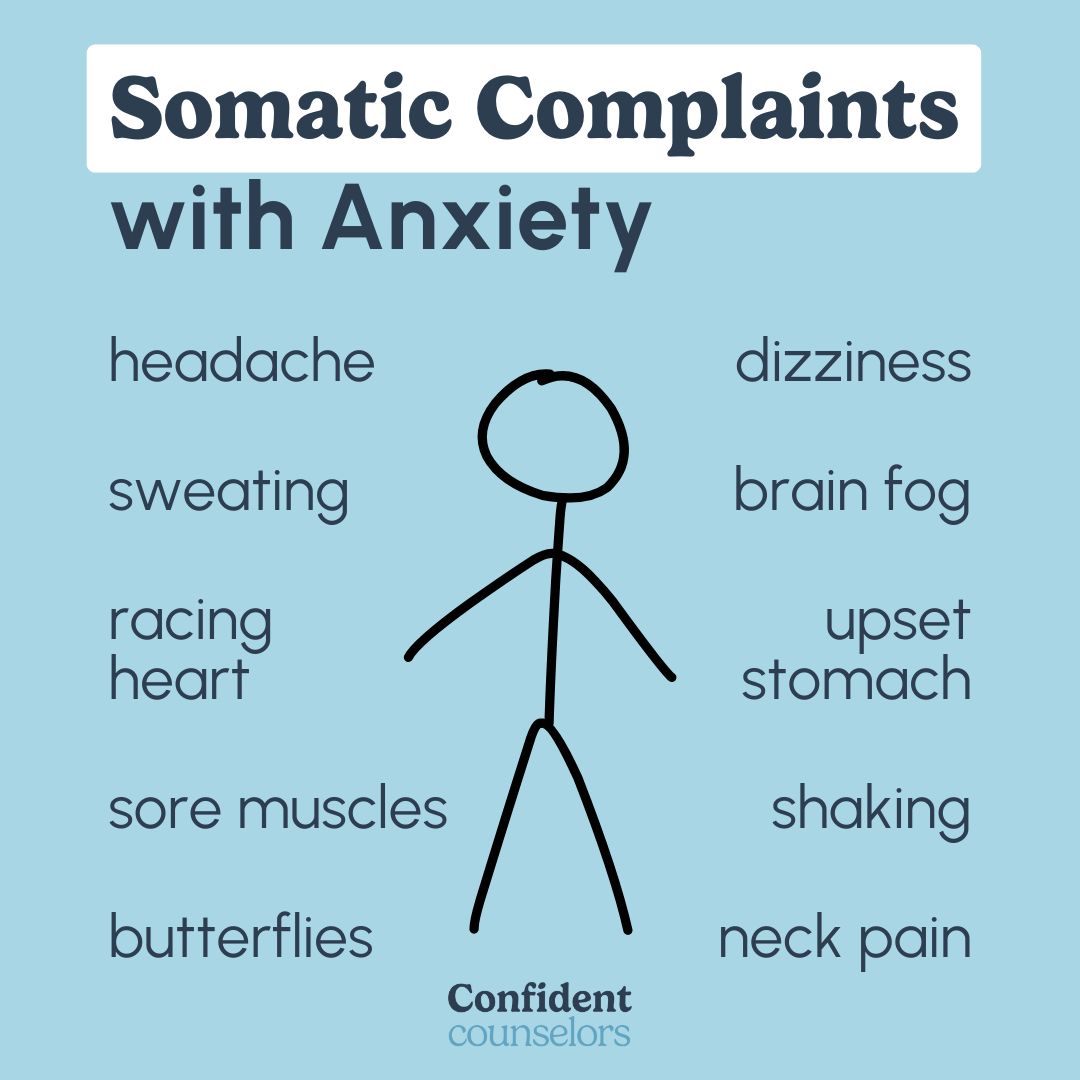
Reducing Reinforcement of Avoidance Behaviors
Normally, adults want to ease kids' worries and help them feel better. But sometimes, this results in reinforcing avoidance behaviors that often come with anxiety. For example, imagine a child expresses fear that a caregiver will be in a car accident on the way to work and then refuses to go to school.
The well-meaning caregiver may stay home with the child to alleviate some of the stress. However, this action may confirm to the child that this worry is something they should truly fear. After all, the caregiver has stayed home from work to avoid being in a car accident, or so it may seem to the child.
A well-meaning attempt to alleviate the child's anxiety may reinforce the avoidant behavior. Helping caregivers understand the links between their actions and how they may strengthen children's behaviors and giving them alternatives or more positive ways to respond can be helpful for caregiver education!
Rational Thinking
Spending time helping caregivers understand how to coach their children to get out of a worry spiral and into more rational thinking. Sometimes, adults need an easy-to-follow script! They can ask their kids things like:
- What happened last time? Was it the worst thing you were expecting?
- Tell me about a time when you were successful doing that in the past.
- How likely is that outcome? What's a more likely outcome?
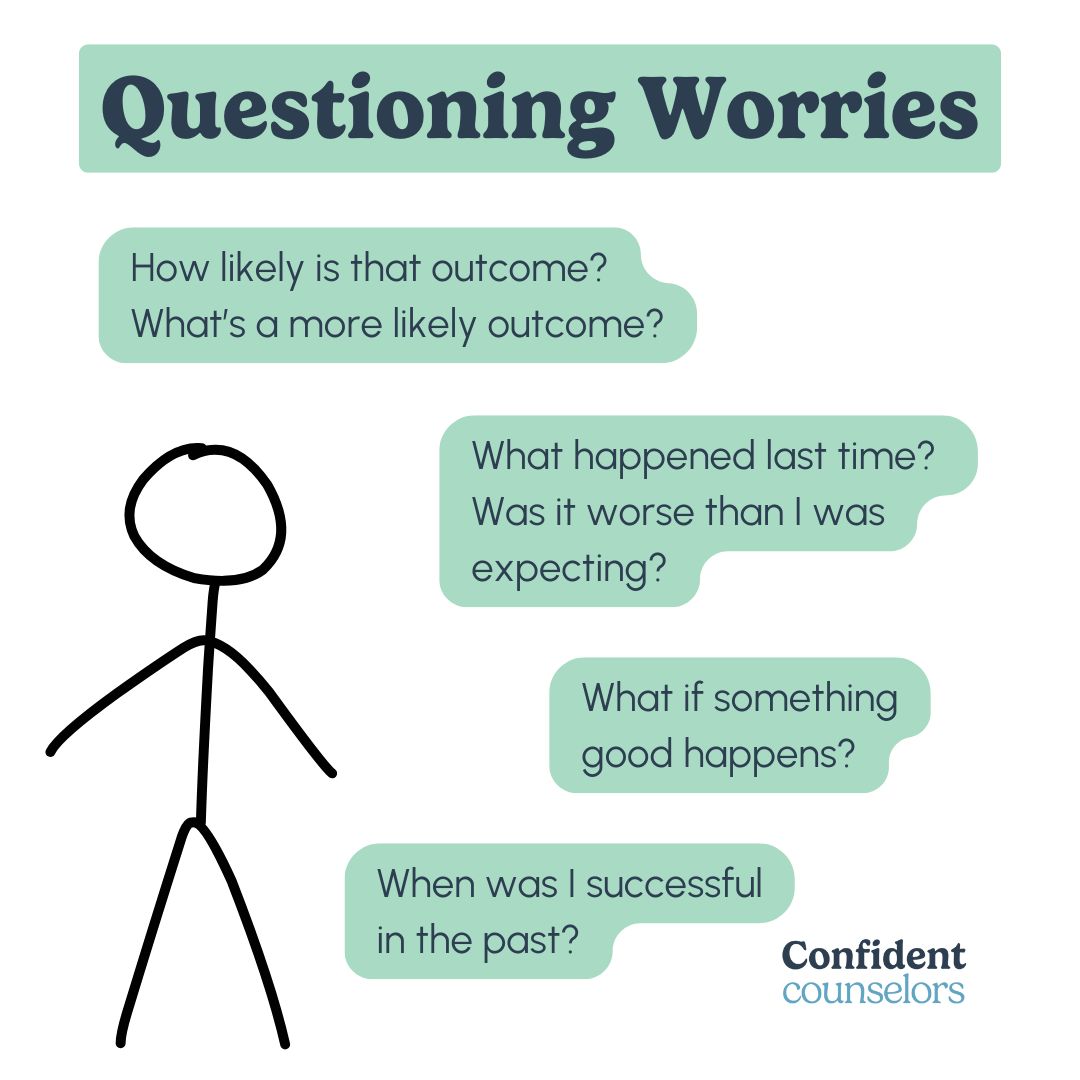
Transition Plans for Attendance
When a child's anxiety affects their school attendance, a team transition plan may be a helpful route. Collaborating with caregivers to design a structured plan for helping the student transition on campus will ensure that all areas are covered and that valuable input from caregivers is included. Your plan can include things like:
- arrival time and drop-off location
- the staff member(s) who will meet the student and the words they'll use to greet the student
- how the parents will say goodbye
- common language for encouraging the transition
- an engagement activity for the student and a safe/calm location to go to upon dropoff
- a list of calming strategies the student uses effectively
- transitional items
Regular Communication with parents
Collaboration is all about communication. We can provide psychoeducation and information to caregivers, but to best support students, we need open lines of communication. Consider setting up a daily or weekly communication method so that all support people are on the same page. Parents can send a simple written note in an agenda or email in the morning to let school staff know how the evening and morning went and some things the child expressed worry about. Likewise, school staff can respond similarly to let parents see how the school day went while being mindful of confidentiality. In your communication, include things like:
- what went well or positive things they can ask their child about
- strategies the child used or strategies that were taught that they can practice at home
- a general overview of the day (as appropriate)
Suppose your student is doing any self-monitoring during the day to rate or increase awareness of anxiety. In that case, they can share this with caregivers, too (as they're comfortable!). Overall, communication and openness about worries, strategies, and what's working and what's not will be helpful for the child so that all adults can support them!
How else do you offer parents support for students with anxiety?
We'd love to hear your ideas! Leave them in the comments below.


